Date: 1 December 2007
The Glass Recycling Company (GRC) was established to turn this situation around, however, initiatives in this regard need buy in from municipalities in particular, which have thus far been somewhat reluctant to work towards increased recycling. The ideal would be to separate waste at the source, which would then require municipality involvement.
"The biggest challenge we face with recycling is changing people's mindsets, and creating awareness," explained GRC MD Shabeer Jhetam on a tour of the Consol Glass Clayville factory, which has a plant producing new bottles using 100% recovered waste glass.
GRC, a joint-industry initiative established in 2005, has already increased, by almost 25%, the amount of glass recycled in South Africa. In 2006, the amount of glass recycled went up from 148 000 t/y, to 183 200 t/y.
The company has ambitions to significantly increase the amount of glass recycled to 360 000 t/y by 2011. This would also mean that companies such as Consol and Nampak would have to expand their facilities that process cullet.
GRC, which has 18 shareholders supplies used glass to Consol, and Nampak Wiegand Glass. Consol's cullet processing facility is one of the most sophisticated in the world and consists of machinery, which colour sorts the glass and separates all non glass entities.
Recycling glass requires significantly less energy, water and other resources, than to produce new glass from raw materials. Cullet melts at a lower temperature, thus factories require less oil and power to melt the same quantities of glass. Glass is also unique in that it does not require any additives or chemicals in the recycling process, and it can be infinitely recycled.
"One of the greatest concerns around the lack of glass recycling is that it ends up in landfills which are not only unsightly, but have a negative effect on our soil, vegetation and underground water systems," added Jhetam.

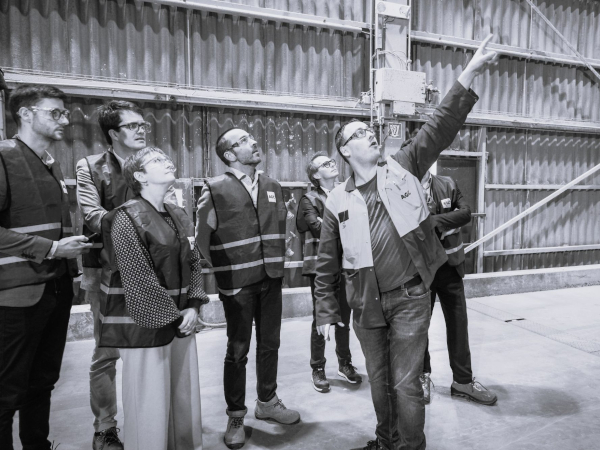
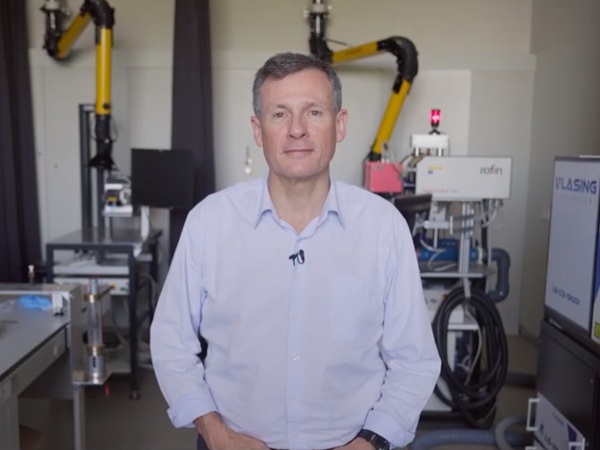
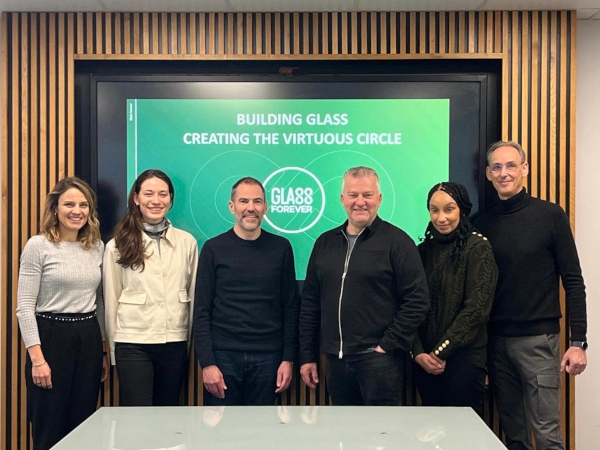
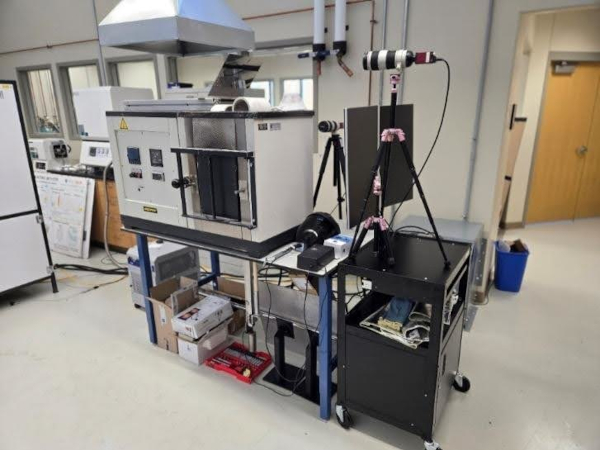
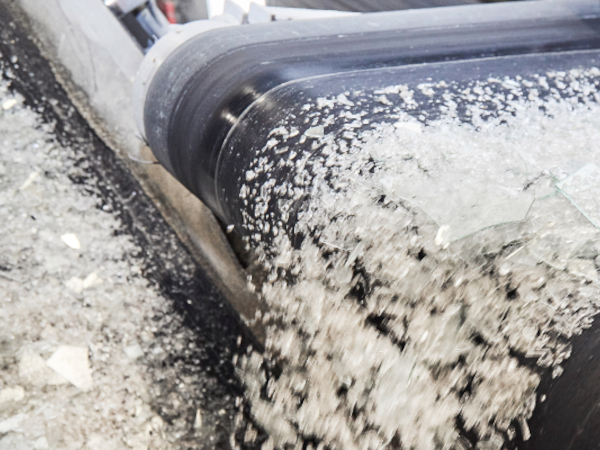

Add new comment